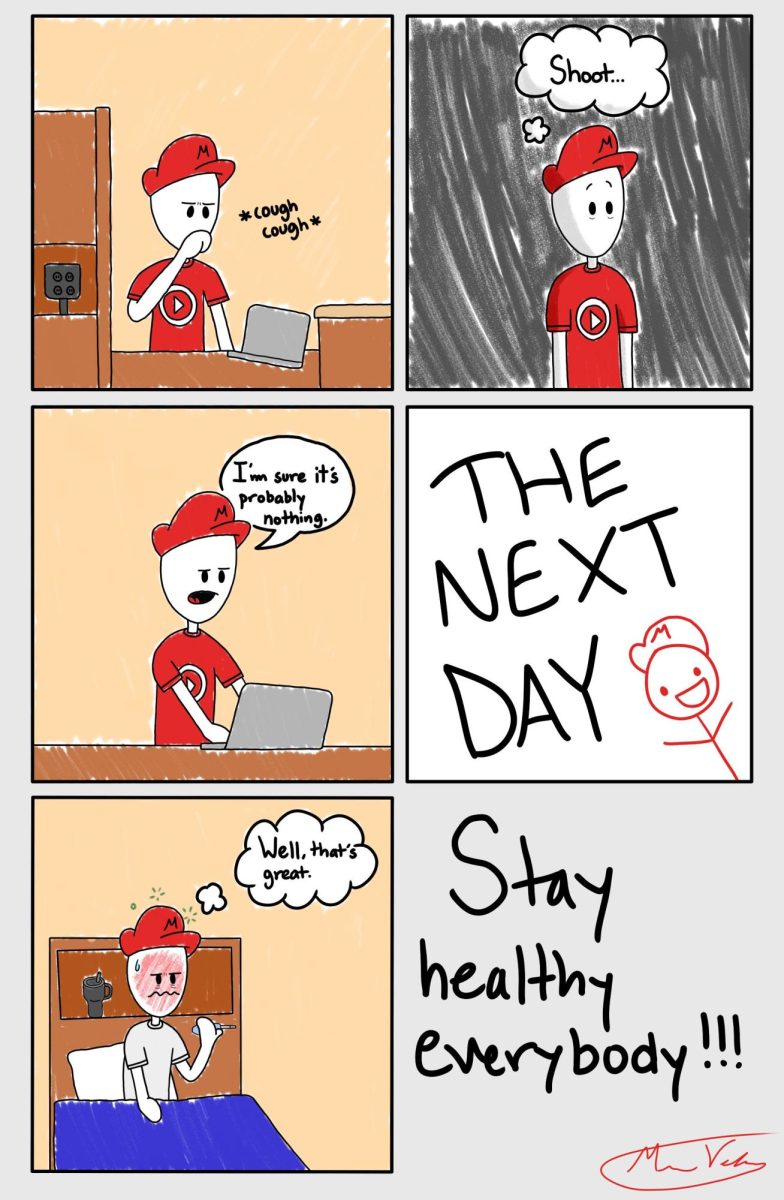As I’m nearing the end of my undergraduate college education, I have begun to anticipate what lies ahead—graduate school, ministry opportunities and of course, a career.
A year ago, I would have envisioned my future career as exclusively immersed in a business office setting–pencil skirt and blazer, firm handshakes from my boss and the often dreaded, long company meetings in stuffy board rooms. As an aspiring communications specialist, I had little reason to imagine my future any differently.
However, that has since changed, and I no longer think about my career along the same lines. Why? Because more companies are moving to virtual than ever before.
As I’ve realized the higher likelihood of working virtually, I have felt mixed emotions. While the comfort of working from home sounds appealing, the thought of launching into my first job with Zoom meetings and social media introductions seems so anti-climactic. Not to mention, learning a new job without in-person, face-toface interaction with my boss and coworkers seems overwhelming.
Despite my concerns, I know other young professionals doing this, working remotely day in and day out. One May 2020 grad has worked remotely since the start of his post-graduation career. He has thoroughly enjoyed the convenience of working from home and not having to commute, although he did say that training without the guidance of fellow employees in person has proven difficult at times. Though not for certain, his company may remain virtual for the next several months, if not longer.
Another young professional who was seasoned in her company prior to their switch to remote work has spoken quite positively about her experience. She also enjoys working commute-free and maintains a much healthier worklife balance than previously. In addition, she feels much more productive in her home setting. Her company is planning to allow employees who can to continue working remotely post-COVID-19 if they (the employees) so desire.
Hearing these perspectives has helped me gain insight on what I might expect, or at least what to prepare for. One goal I have is to expand my technological skills since working remotely would require me to depend on technology quite a bit. I also want to refine my digital presentation skills. Creating the right setting and dressing properly for meetings, whether with coworkers or clients, plays a large role in smooth communication and success. Beyond that, I hope to further educate myself in other facets of what remote work involves to ensure that I am prepared for its demands.
In the meantime, I want to maintain a positive outlook, rather than be weighed down with fear. After all, working remotely could have some potential pros—such as turning five days of work into three or four or working in a variety of places and settings.
Although the new trend of remote working will likely not affect every job sector, particularly fields that require hands-on labor, I am definitely open to taking that route if necessary.
I will be forced to think outside the box, and at moments, that is a scary thing. But at the same time, keeping in mind the potential flexibility or unexpected benefits it could bring encourages me.
God created us to work, and He will equip us for that work, even when we are not sure of how. In this age of change and an increase in technology, we must be ready to learn to navigate in unique ways, equipping ourselves for any challenge or circumstance we may encounter.























































